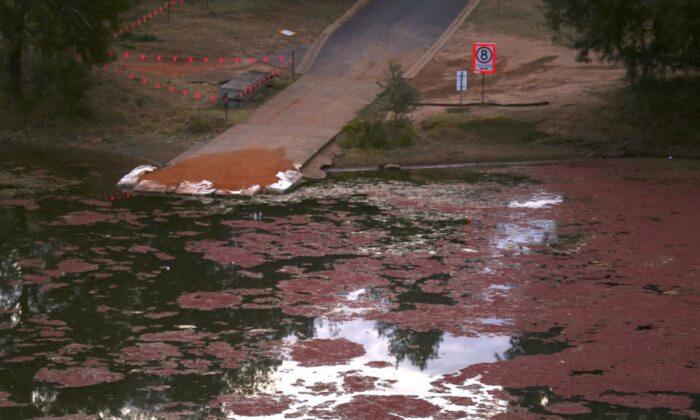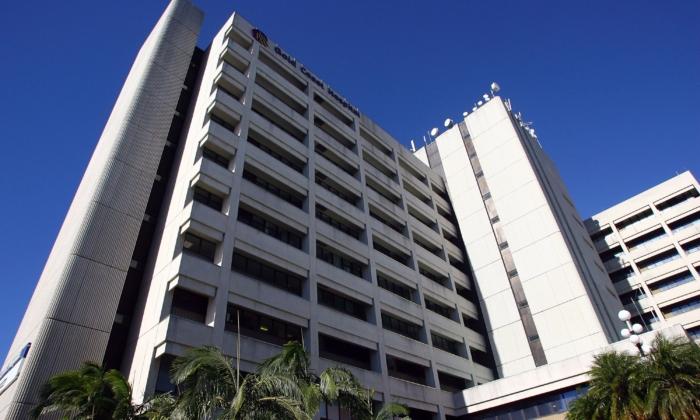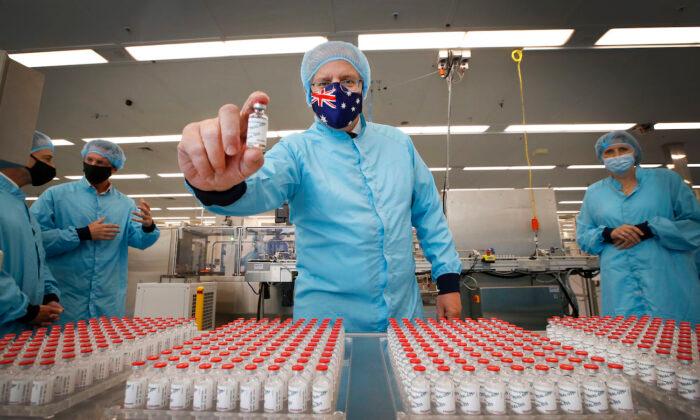A boil water alert for the New South Wales (NSW) regional city of Dubbo and some surrounding areas has remained in place for more than a week following recent flooding that caused turbidity to exceed safe levels.
This follows recent flooding in the Macquarie-Wambuul River that caused turbidity levels in Dubbo’s water to exceed the maximum of 0.5, which triggered the boil alert on July 7.
“DRC have engaged Public Works Advisory and an independent consultant to analyse the dilution targets in the attempt to reduce the disruption to the community.”
According to Luke Ryan, Dubbo’s director of infrastructure, getting the water back to safe drinking levels will occur in a zoned approach, with each area given the all-clear at different times.
Further Testing
Dubbo Regional Council said it is also working with Sydney Water to test for Cryptosporidium on top of its regular microbiology testing.While there are no reports of gastro illness in the Dubbo region, Priscilla Stanley from the Western NSW Local Health District said locals should be on the lookout for symptoms, the ABC reported.
“[cryptosporidiosis] can cause a catastrophic outcome … people need to keep boiling and cooling their water to keep themselves out of a dire situation," Stankley said.
Coastal Cities Better At Adapting to Water Supply Issues
According to Stuart Khan, a water expert at the University of New South Wales, coastal cities are able to adapt to water supply issues as they have a number of sources to draw from, compared to rural and regional areas that often have one supply reported The Guardian.Additionally, Dubbo has been expanding the number of bores to make the region more drought and flood resilient, The Guardian reported.
During the recent floods in Sydney, the Orchard Hills Water Filtration Plant struggled to produce water and its serviced areas were asked to conserve drinking water. But this pressure was relieved by ramping up Sydney’s seawater desalination plant.






Friends Read Free